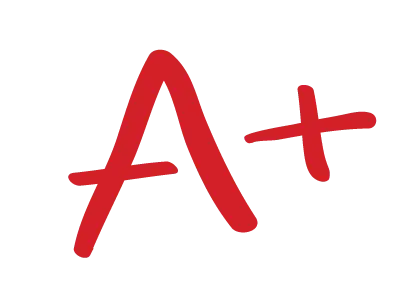Abolishment of the Juvenile Justice Support System
Lately, there have been issues regarding the abolishment of the juvenile support or the separate judiciary for the minors. Through the years, many changes have occurred in the juvenile support system, making it more and more alike with the adult judiciary. Among the most significant changes the Supreme Court of the United States include the allowable pretrial detention of minors in 1984, minimum age for death penalty was set at 16 in 1996, and in 2005, minimum death penalty age was set at 18 (Snyder and Sickmund, 2006).
WRITE THIS ESSAY FOR ME
Tell us about your assignment and we will find the best writer for your paper.
Get Help Now!However, the aim of the juvenile justice system is to protect the special needs of the youth. The system basically follows the parens patriae philosophy which literally means “state is the father”. This gives right to the state to intervene in the lives of its young citizens. Thus, the state has the responsibility to protect its “children” or the youth who are engaged in juvenile delinquency. Juvenile delinquency is legally defined as “an act committed by a minor (under 17 or 18 years old) who violates the penal code of the government with authority over the area in which the act occurred.” Juvenile delinquents, in the American society are believed to be victims of improper care, custody and treatment at home and in their immediate community. They are ideally given treatment that would correct and prevent them from committing their mistakes again (Siegel and Senna, 1991).
The author decided to have this topic in this term paper because this has been one of the prevailing issues in the country. Moreover, as a youth, the author should also take part in the analysis of the issue because this has an effect to his immediate community, in school, in neighborhood, and to his peers.
This is an important issue that should be given a stand because the government do not really exert the necessary procedures to know if the people of America agrees or disagrees to the abolishment of the juvenile justice system. In a survey conducted by the group of Mears in Florida, more than 80 percent do not agree to the abolishment of juvenile justice system. Nevertheless, they agree to modify the system. Among the modifications suggested is the lowering of the maximum age of the minors to be held by the juvenile system (Mears, et al., 2007).
Among the other modifications that the people and the government consider is the transfer of the more serious offenses like rape and murder should be transferred in the adult support system. The judge himself may also decide for the transfer if he or she can see that the juvenile court cannot handle the case (Siegel and Sennel, 1991).
Looking at this issue, the author disagrees to the abolishment of the juvenile justice support system. Rather, it would support the other suggested modification on the system aside from the abolishment of the system itself.
History of the Juvenile Support System and Its Current issues
Before the 19th century, children under the age of seven years old stood in adult trial courts. They could be sentenced to prison or even death penalty if found guilty (Snyder and Sickmund, 2006). Moreover, Siegel and Senna (1991) added that the children early in the US history were “treated with extreme cruelty at home, at school and by the law.”
. In the 19th century, the European educational education movements that started as early as 16th century finally reached the US. These reform movements made the perception of children as individuals with less moral development and cognitive capacities. In 1825, the Society for the Prevention Juvenile Delinquency advocated the actual separation of the juvenile and adult courts. Later on, after the rise of the issues concerning juvenile abuses in adult prisons, many states decided to consider having a separate juvenile justice support system (Snyder and Sickmund, 2006).
As early as 1910, 32 states already adhered to having separate juvenile justice systems. The aim of the systems was not primarily to punish the delinquent minor but to make them “productive” to series of treatments that may vary depending on the needs of the troubled child. All crime offenders ages 18 and below were subjected to the system and only if the juvenile court approved a waiver should the child be sentenced in an adult court system (Snyder and Sickmund, 2006).
Among the cases sold in juvenile courts, 90 per cent of them avoid being transferred in an adult court room and 70 per cent of these cases were given prob……………………
Introducing our Online Essay Writing Services Agency, where you can confidently place orders for a wide range of academic assignments. Our reputable homework writing company specializes in crafting essays, term papers, research papers, capstone projects, movie reviews, presentations, annotated bibliographies, reaction papers, research proposals, discussions, and various other assignments. Rest assured, our content is guaranteed to be 100% original, as every piece is meticulously written from scratch. Say goodbye to concerns about plagiarism and trust us to deliver authentic and high-quality work.



